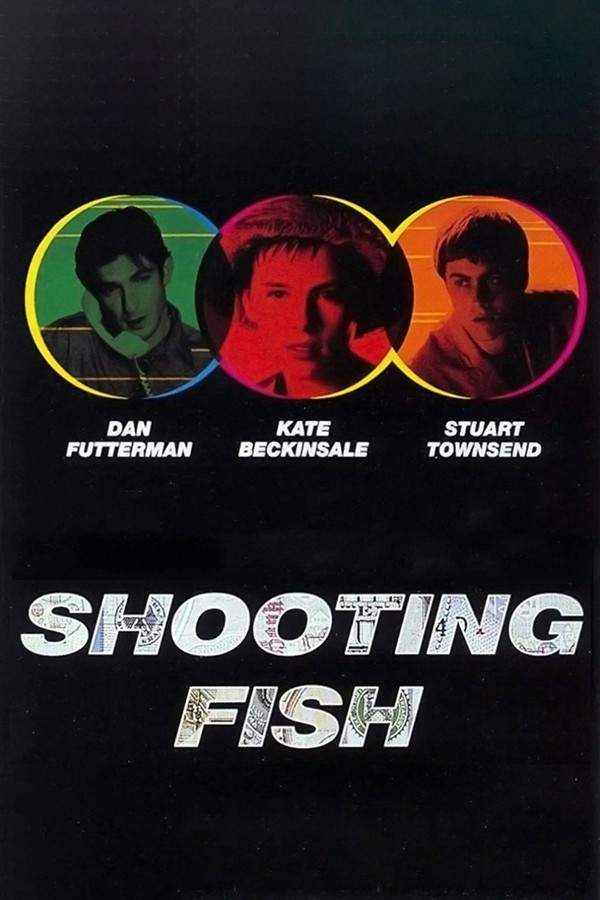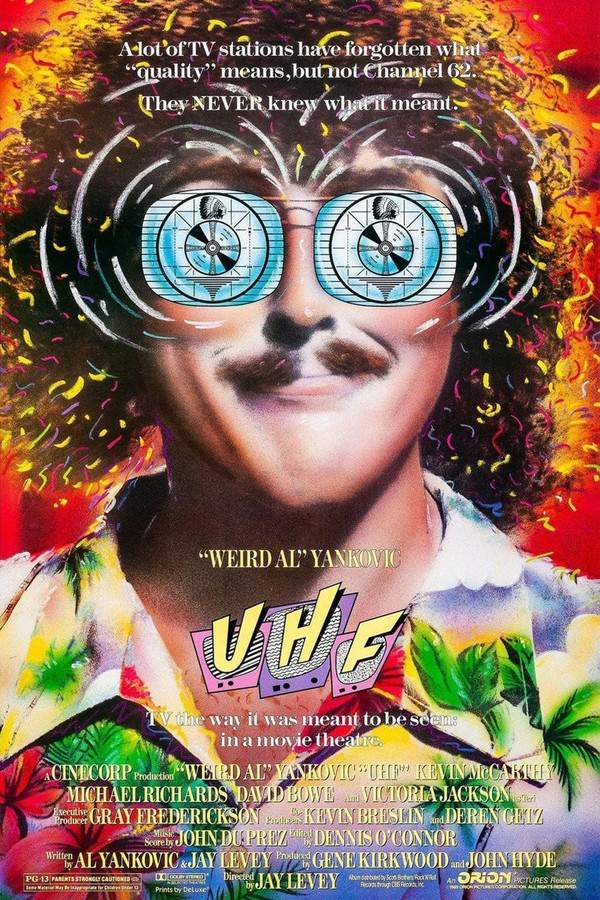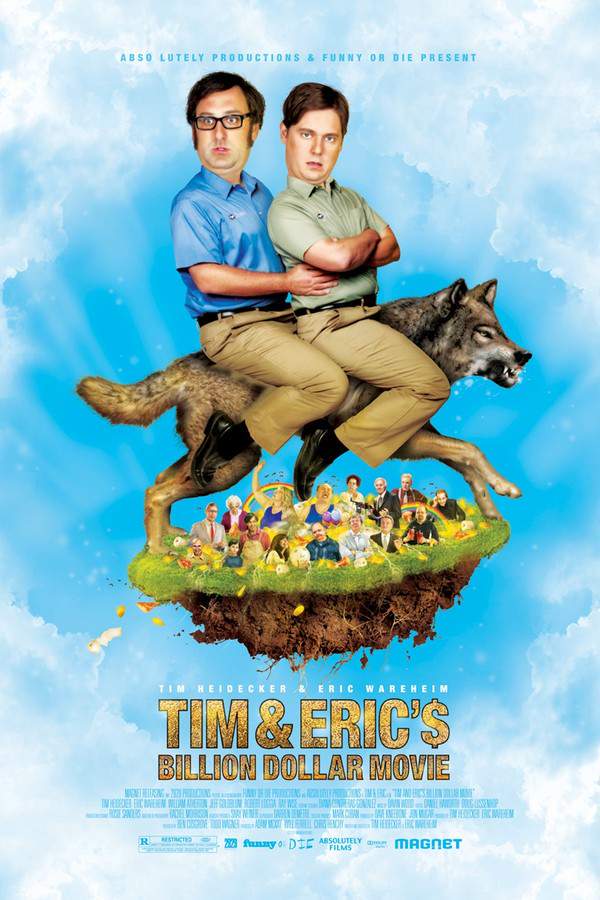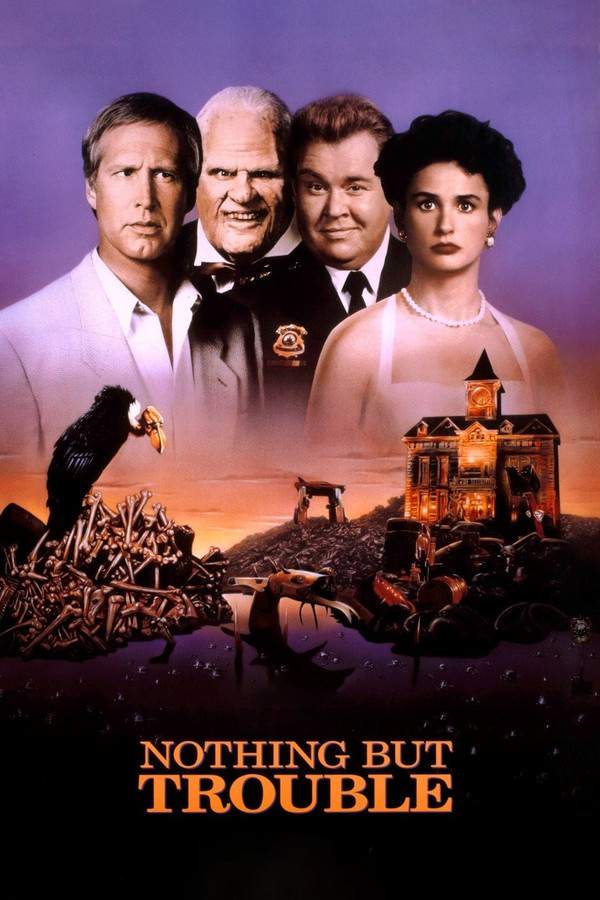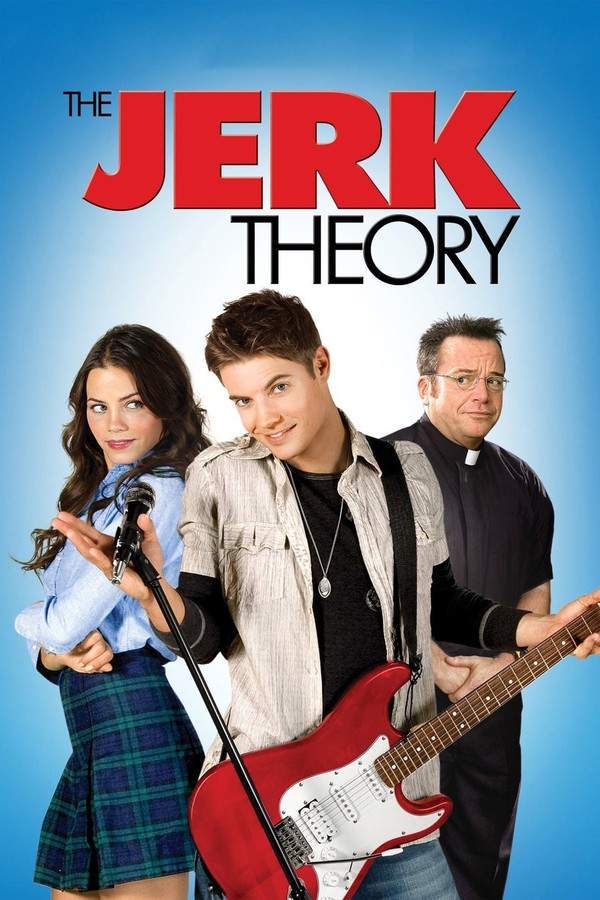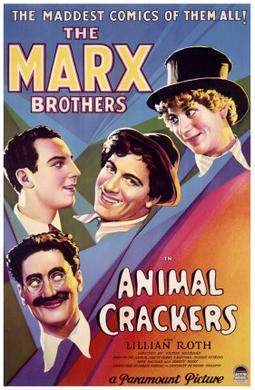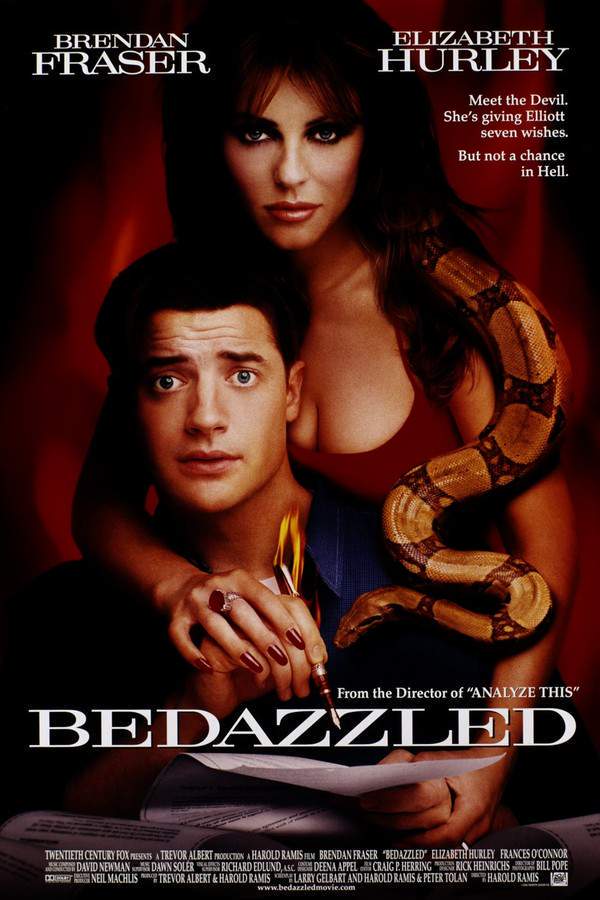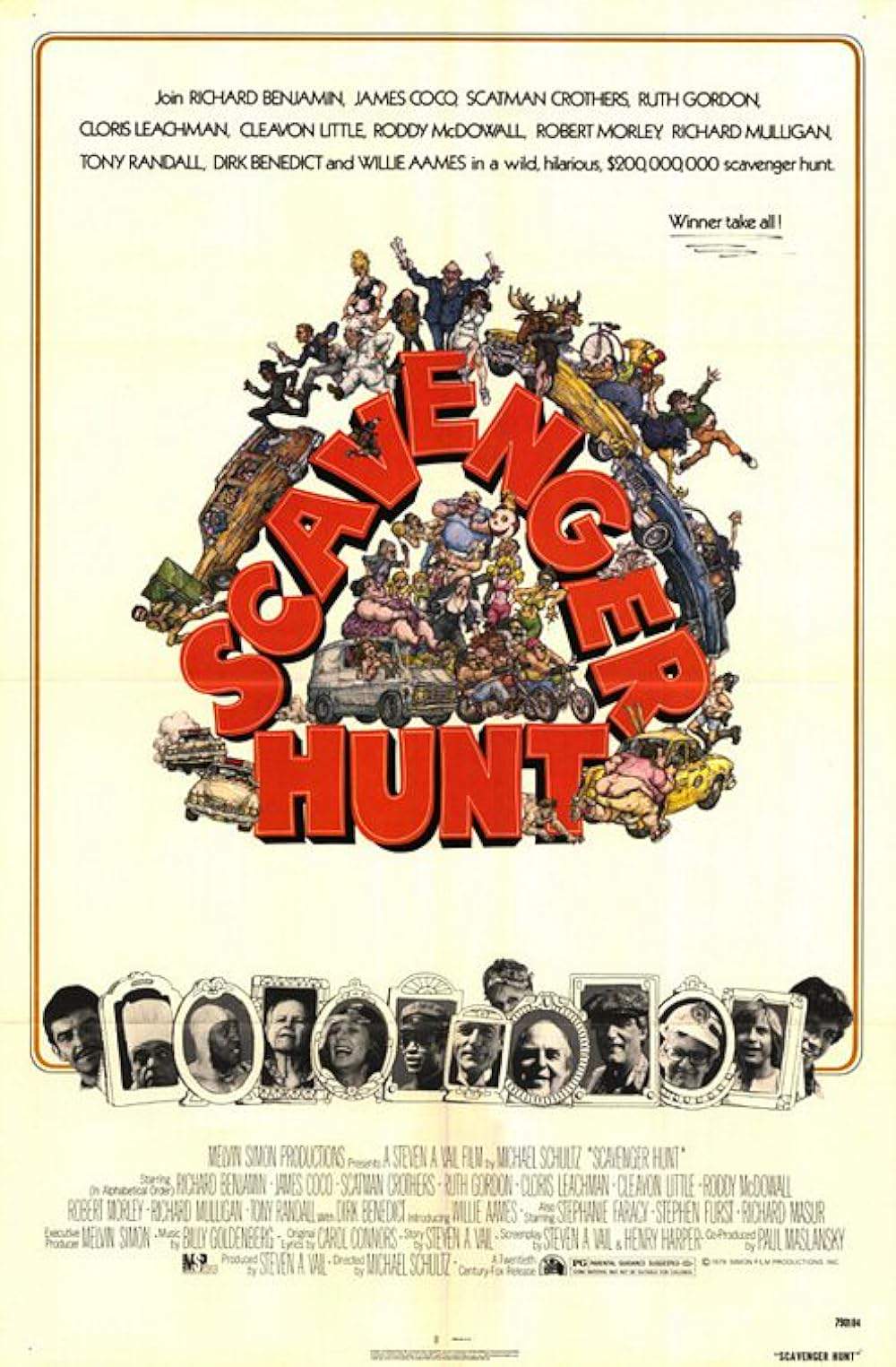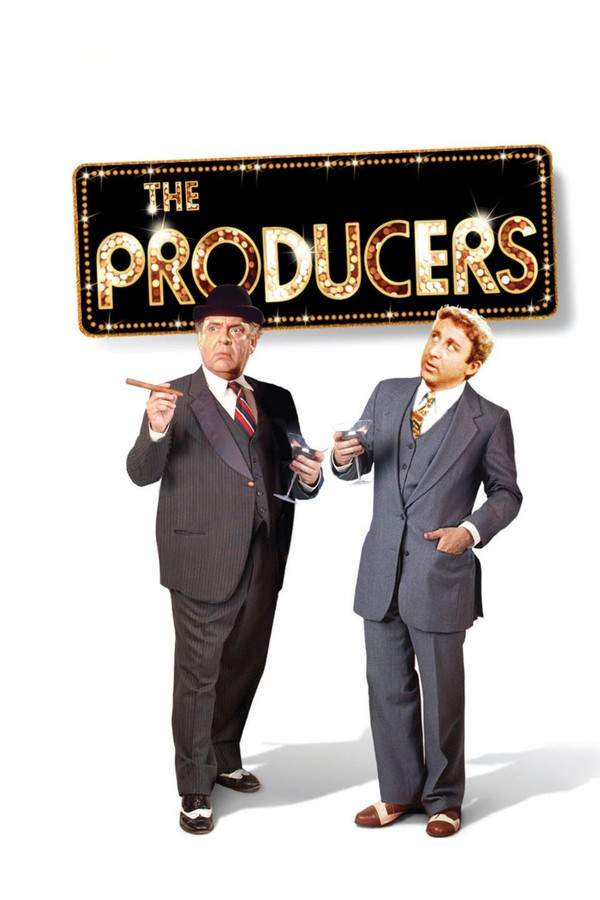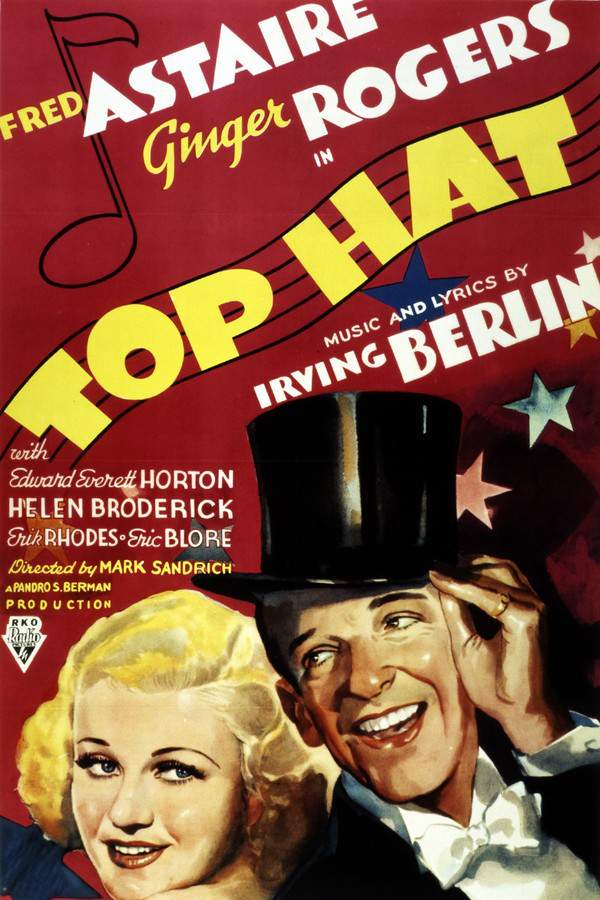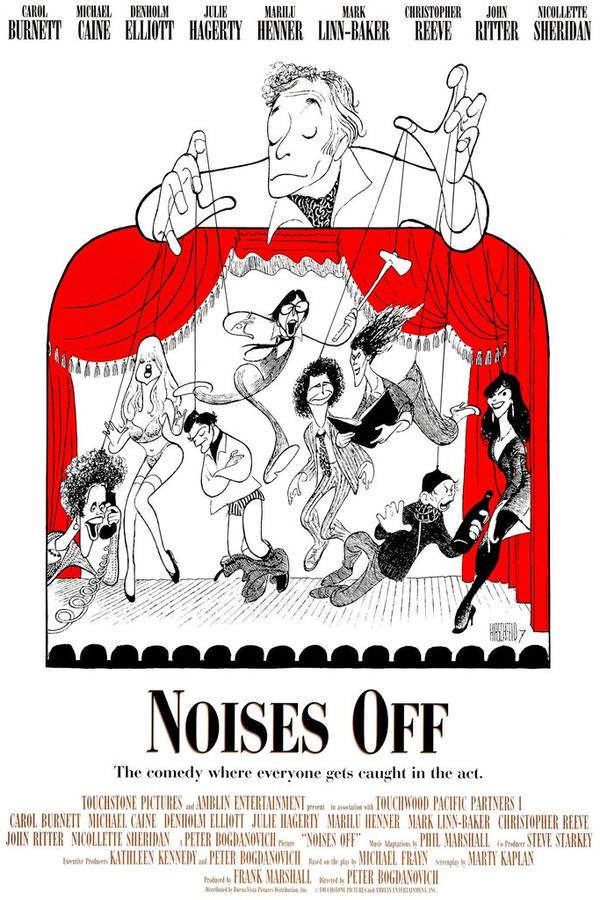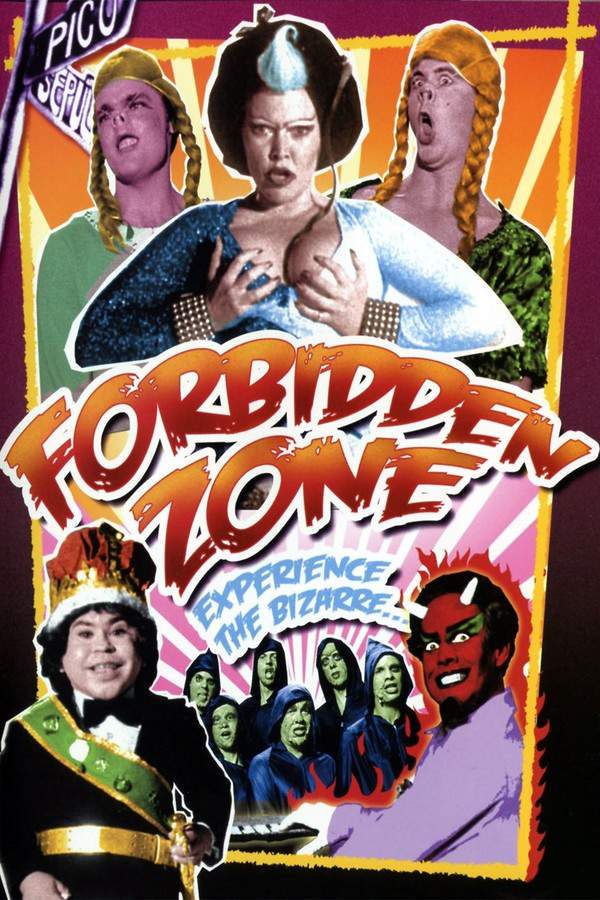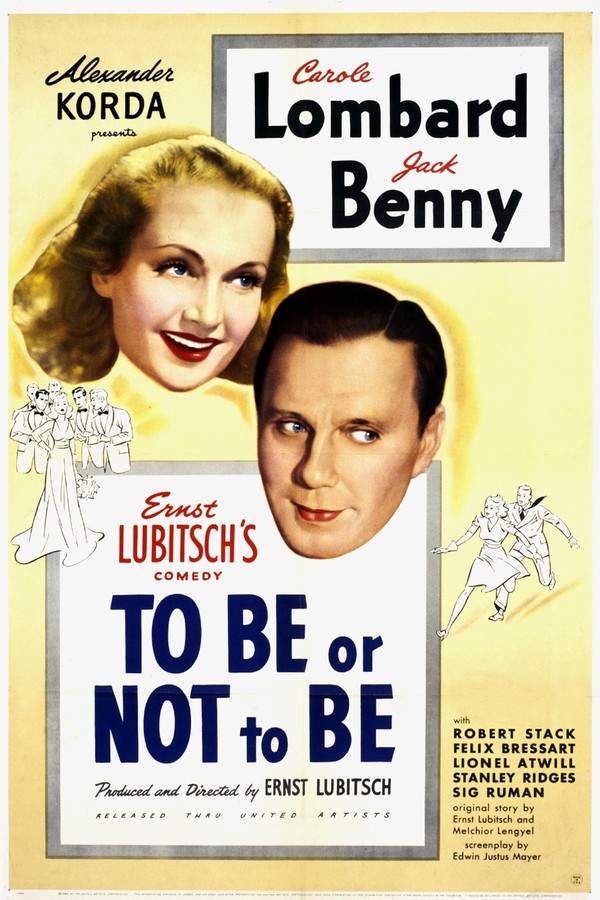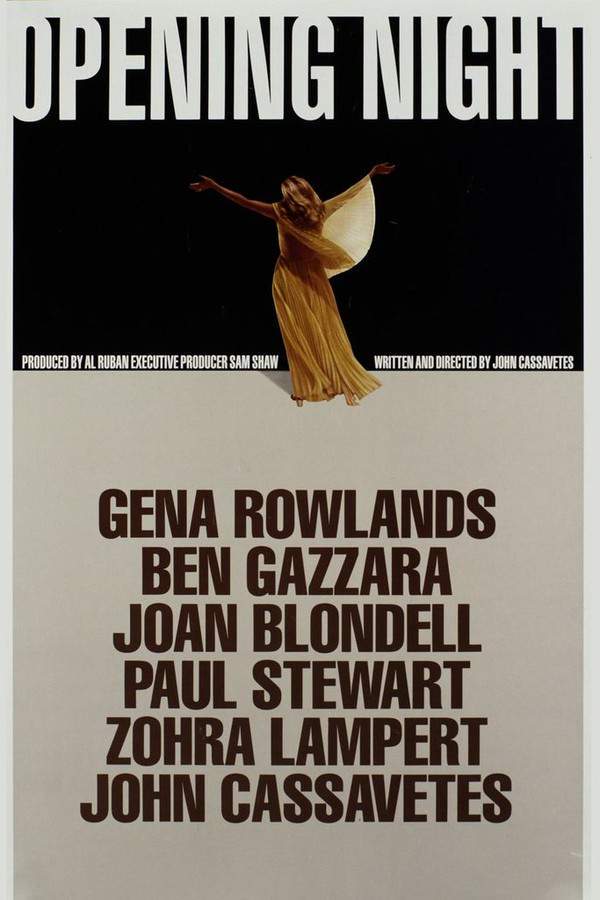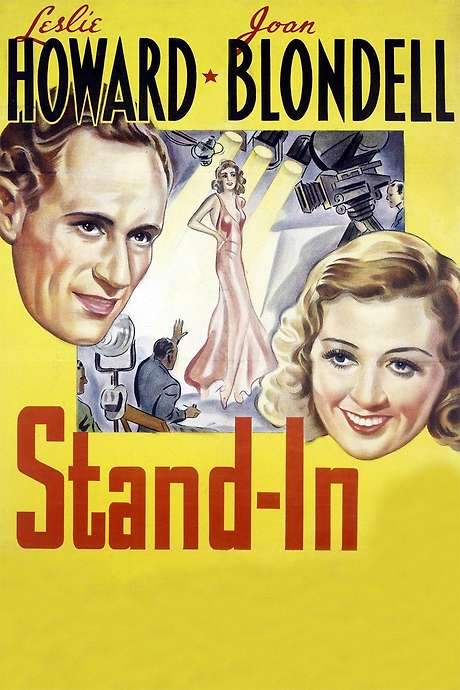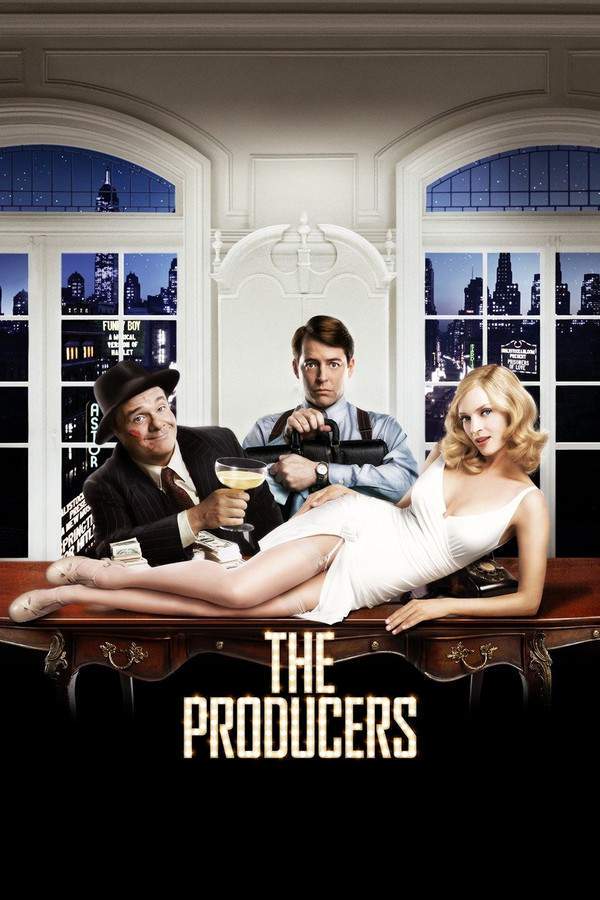
The Producers
Year: 2005
Runtime: 134 min
Language: English
Director: Susan Stroman
Budget: $45M
A down-on-his-luck Broadway producer and a timid accountant team up to deliberately produce the worst musical ever, hoping to make money from investors. Their outrageous plan involves creating "Springtime for Hitler," a hilariously offensive show that is initially intended as a guaranteed flop. However, the show becomes unexpectedly popular, launching the unlikely partners to fame and fortune while creating a series of increasingly chaotic situations.
Warning: spoilers below!
Haven’t seen The Producers yet? This summary contains major spoilers. Bookmark the page, watch the movie, and come back for the full breakdown. If you're ready, scroll on and relive the story!
The Producers (2005) – Full Plot Summary & Ending Explained
Read the complete plot breakdown of The Producers (2005), including all key story events, major twists, and the ending explained in detail. Discover what really happened—and what it all means.
The film begins with the dramatic yet disastrous opening night of washed-up producer Max Bialystock’s latest Broadway venture, Funny Boy: A Musical Version of Hamlet, which unfortunately also marks its closing night. As the audience exits the theater, they can’t help but voice their disdain for the show, declaring it a complete failure during a chorus of gasps and complaints about its quality (“Opening Night”).
Later, Bialystock’s new accountant, Leopold Bloom, arrives to review the financials for Funny Boy. However, his work is interrupted when Hold-Me-Touch-Me (Eileen Essell), one of Max’s elderly investors, drops by with a “checkie” and engages in some comical games with Max. During this chaotic meeting, Leo shares his lifelong dream of becoming a producer, but his anxiety is palpable—fueled by his reliance on a blue baby blanket for comfort, which he rubs against his face whenever he feels stressed. When Max unexpectedly snatches the blanket away, Leo descends into hysteria.
Once Leo calms down and examines the show’s dwindling finances, he experiences a breakthrough moment: he realizes that it might be more profitable to produce a flop than a hit, albeit with some legal risks. Encouraged by Bialystock, who sees potential in Leo, they conspire to create the biggest flop in theatrical history and pocket the surplus funds, aiming to escape to Rio de Janeiro (“We Can Do It”). Initially hesitant, Leo returns to Max, unhappy with his mundane accounting job, and fulfills his dream of becoming a producer.
As their partnership, Bialystock & Bloom, takes shape, the duo embarks on the quest for the worst play imaginable and ultimately settle on Springtime for Hitler, a ludicrous musical penned by Neo-Nazi Franz Liebkind. After a humorous and uncomfortable rooftop encounter where Liebkind insists they wear swastika armbands and partake in a mock-sworn oath, they secure the rights to his absurd production. Next, to direct their misadventure, they seek out Roger DeBris (Gary Beach), the most flamboyant director around, who reluctantly agrees to lead the project after hearing about the prospect of a Tony Award.
Amid all this, they encounter Ulla Inga Hansen-Bensen-Yanson-Tallen-Hallen-Svaden-Swanson](/actor/uma-thurman), a stunning aspiring actress. Although they had no auditions lined up, Max allows her to audition and soon hires her as both their secretary and a cast member, after a show-stopping performance of (“When You Got it, Flaunt it”).
As the duo scrambles to raise an astonishing two million dollars to finance their project, Max resorts to courting every wealthy old lady he can find to secure the funds (“Along Came Bialy”). Leo finds himself swept up in a budding romance with Ulla, leading him to toss away his comforting blue blanket after sharing a kiss with her.
After a flurry of auditions led by DeBris and his assistant Carmen Ghia (Roger Bart), they reluctantly cast Liebkind as Hitler within the show. As opening night arrives, Leo, sporting the coveted Broadway producer’s hat, faces nervous backlash from Max, who believes that even the slightest hint of optimism could doom their production. Amid utter chaos, unforeseen accidents, and a string of catastrophes occur, leading to shocking consequences.
The audience responds poorly at first and begins to leave, but when DeBris takes the stage as a surprisingly over-the-top rendition of Hitler, their production is embraced as a satire rather than an offense. This unexpected twist catches both Max and Leo off-guard, as they watch with bewilderment at the success of the show (“Springtime for Hitler”).
Upon returning to their office, a disheartened Bialystock and Bloom realize their scheme has backfired. Just as Leo grabs his blue blanket out of the trash and prepares to confess their crimes, they are interrupted by DeBris and Ghia who rush in to celebrate.
However, chaos reigns again when Liebkind bursts in, furious over what he perceives as treachery, demanding justice for their betrayal of the Siegfried Oath. In the ensuing commotion, the police arrive, leading to arrests and exposing their misdoings, including Bialystock’s tax fraud. Ultimately, Bialystock and Bloom are sentenced to five years in prison, much to the crowd’s surprise.
In this time, they produce a musical called Prisoners of Love, which becomes a hit among the inmates and prison staff. Eventually pardoned for uplifting the spirits during their confinement, they bring their new success to Broadway, transforming the ex-prisoners’ experience into yet another theatrical spectacle.
Leo finally dons the producer’s hat he coveted so long, marking a new chapter as they become successful creators of various blockbuster productions, including A Streetcar Named Murray, South Passaic, Maim, and Katz, solidifying their unique partnership forever.
Last Updated: November 08, 2024 at 01:54
Explore Movie Threads
Discover curated groups of movies connected by mood, themes, and story style. Browse collections built around emotion, atmosphere, and narrative focus to easily find films that match what you feel like watching right now.
Movies with chaotic get-rich-quick schemes like The Producers
Plans so ridiculous they fail upward, leading to unexpected fame and fortune.If you loved the hilarious, accidentally-successful plot of The Producers, you'll enjoy these movies. This section features comedies and satires where outrageous, doomed-to-fail plans backfire into fame and fortune. Discover films with a similar mix of zany characters, chaotic situations, and a lighthearted, happy ending.
Narrative Summary
The narrative follows a predictable but delightful arc: a character or group, often in financial desperation, conceives an outlandish, 'foolproof' plan to make money quickly. They pursue this scheme with chaotic energy, facing minor setbacks that only heighten the comedy. The climax occurs when their plan, intended to be a disaster, is misinterpreted by the public as brilliant, leading to an ironic and happy resolution where they achieve everything they wanted, but not at all how they planned.
Why These Movies?
These films are grouped by their shared foundation in satire and farce, featuring fast-paced storytelling, a light emotional tone, and a core plot device of a plan backfiring spectacularly in the best way possible. They offer a comforting and optimistic experience where failure is not an end but a wacky detour to success.
Zany musical comedies with a satirical edge like The Producers
Energetic musicals filled with big characters, slapstick humor, and satirical wit.Fans of the outrageous musical numbers and comedic flair of The Producers will find more to love here. This section highlights other fast-paced, satirical musicals that blend slapstick humor with big production numbers. Explore movies that share a lighthearted, whimsical tone and a focus on pure, unapologetic entertainment.
Narrative Summary
Stories in this thread often revolve around a theatrical production or performance art as a central plot device. The narrative is straightforward, serving as a vehicle for a rapid succession of comedic set pieces, auditions, rehearsals, and show-stopping musical numbers. Character arcs are simple and humorous, with conflicts resolved through song, dance, and farcical solutions rather than deep introspection.
Why These Movies?
These movies are united by their primary goal: to entertain through music and comedy. They share a specific mix of genre (Comedy and Musical), a fast pacing driven by musical numbers, a whimsical or light tone, and a focus on visual and performative extravagance. The overall experience is one of joyful, energetic escapism.
Unlock the Full Story of The Producers
Don't stop at just watching — explore The Producers in full detail. From the complete plot summary and scene-by-scene timeline to character breakdowns, thematic analysis, and a deep dive into the ending — every page helps you truly understand what The Producers is all about. Plus, discover what's next after the movie.
The Producers Timeline
Track the full timeline of The Producers with every major event arranged chronologically. Perfect for decoding non-linear storytelling, flashbacks, or parallel narratives with a clear scene-by-scene breakdown.

Characters, Settings & Themes in The Producers
Discover the characters, locations, and core themes that shape The Producers. Get insights into symbolic elements, setting significance, and deeper narrative meaning — ideal for thematic analysis and movie breakdowns.

The Producers Spoiler-Free Summary
Get a quick, spoiler-free overview of The Producers that covers the main plot points and key details without revealing any major twists or spoilers. Perfect for those who want to know what to expect before diving in.

More About The Producers
Visit What's After the Movie to explore more about The Producers: box office results, cast and crew info, production details, post-credit scenes, and external links — all in one place for movie fans and researchers.

Similar Movies to The Producers
Discover movies like The Producers that share similar genres, themes, and storytelling elements. Whether you’re drawn to the atmosphere, character arcs, or plot structure, these curated recommendations will help you explore more films you’ll love.
Explore More About Movie The Producers
The Producers (2005) Scene-by-Scene Movie Timeline
The Producers (2005) Movie Characters, Themes & Settings
The Producers (2005) Spoiler-Free Summary & Key Flow
Movies Like The Producers – Similar Titles You’ll Enjoy
The Producers (1968) Full Movie Breakdown
Noises Off... (1992) Full Movie Breakdown
To Be or Not to Be (1983) Movie Recap & Themes
Opening Night (2017) Complete Plot Breakdown
The Stooge (1951) Complete Plot Breakdown
Curtain Call (1940) Full Summary & Key Details
A Song Is Born (1948) Full Movie Breakdown
Swiss Miss (1938) Ending Explained & Film Insights
Stand-In (1937) Full Summary & Key Details
The Talk of Hollywood (1929) Full Summary & Key Details
A Night at the Opera (1935) Story Summary & Characters
Stage Struck (1936) Full Movie Breakdown
New Faces of 1937 (1937) Movie Recap & Themes
The Show (1922) Story Summary & Characters
World Premiere (1941) Ending Explained & Film Insights


